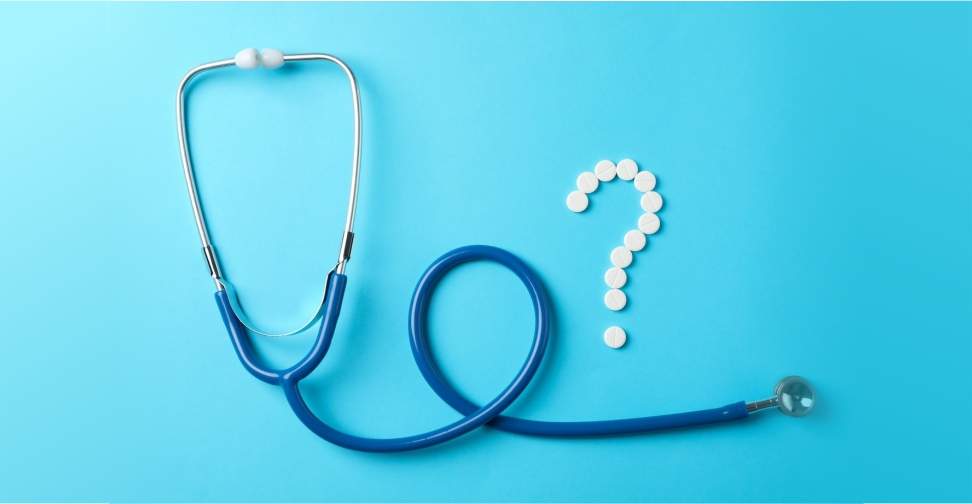Our Services


Interstitial Lung Disease
Interstitial Lung Disease (ILD) is a group of lung disorders that primarily affect the interstitium, a network of tissues in the lungs that supports the air sacs. These diseases cause inflammation and scarring (fibrosis) in the interstitium, making it harder for the lungs to function properly. ILD encompasses a wide range of conditions, including idiopathic pulmonary fibrosis (IPF), sarcoidosis, and hypersensitivity pneumonitis, among others.

Treatment:
Treatment for ILD aims to slow disease progression, relieve symptoms, and improve lung function. Here is a brief overview of ILD treatment options:
- Medications:
*Corticosteroids:*
These anti-inflammatory drugs may be prescribed to reduce lung inflammation.
*Immunosuppressants:*
Medications like azathioprine or mycophenolate can be used to suppress the immune system and control the underlying immune-related causes of some ILDs.
*Antifibrotic drugs:*
In the case of IPF, antifibrotic medications like pirfenidone and nintedanib may help slow down disease progression.
- Oxygen Therapy:
Supplemental oxygen is often provided to maintain adequate oxygen levels in the blood and reduce breathlessness.
- Pulmonary Rehabilitation:
This comprehensive program includes exercise, breathing techniques, and education to help improve lung function and quality of life.
- Lifestyle Modifications:
Smoking cessation is crucial as smoking can worsen ILD. Additionally, avoiding environmental triggers and irritants is recommended.
- Lung Transplant:
In severe cases of ILD where lung function is significantly impaired, lung transplantation may be considered as a last resort.
- Supportive Care:
This includes measures to manage symptoms such as cough and shortness of breath, as well as addressing comorbidities like gastroesophageal reflux disease (GERD).
- Clinical Trials:
Researchers are continually exploring new treatments for ILD, and patients may be eligible to participate in clinical trials to access experimental therapies.
The specific treatment plan for ILD can vary depending on the type of ILD, its severity, and individual patient factors. It’s important for individuals with ILD to work closely with a healthcare team, which may include pulmonologists and other specialists, to determine the most appropriate treatment strategy. Early diagnosis and intervention are essential in managing ILD effectively and improving the overall quality of life for affected individuals.

Any Questions find here.
A pulmonologist is a medical specialist who focuses on diagnosing and treating diseases and conditions related to the respiratory system. You should consult a pulmonologist if you have persistent breathing problems, chronic cough, chest pain, or a lung-related illness.
During your first visit, you can expect a thorough evaluation of your medical history, a physical examination, and potentially additional tests. Our pulmonologist will discuss your symptoms and develop a personalized treatment plan.
Yes, we are accepting new patients. Contact us to schedule an appointment and start your journey to better lung health.
In most cases, a referral is not required to see a pulmonologist. You can schedule an appointment directly with our clinic.
Get in Touch
Dr. Bhatt Chest Center
Hasthinapuram Central, Laxmi Narashima Puram Colony, Hastinapuram, Hyderabad, Telangana - 500 074.
Clinic Timings
Mon - Sat : 6pm to 9pm
Sunday Closed

